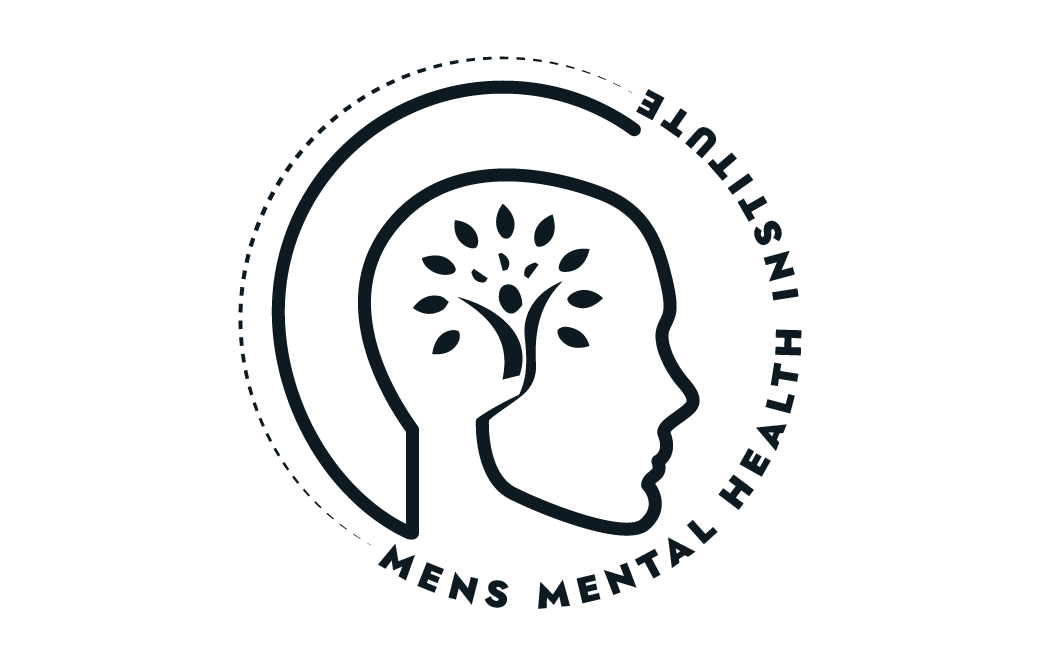When Emotions Control You: The Quiet Crisis of the Modern Man
You’ve probably been told all your life to control yourself. Be calm. Be logical. Don’t be a “reactive guy.” Don’t be a “hothead.” But no one ever taught you how.
So when you feel rage boil up during a fight, or you shut down emotionally when your partner needs connection, you’re not “broken.” You’re untrained. You’re running on a nervous system that was designed to react, not reflect.
From a mammalian brain perspective, emotional regulation is not about becoming “calm all the time” it’s about learning to selfdirect your physiological state. You’re built to survive threat, not thrive in emotionally complex environments. And when your system hasn’t been taught to distinguish between criticism and actual danger, it does what it’s designed to do: shut down, blow up, or withdraw.
Behavioral psychology tells us this is not a character flaw it’s a conditioned response. Evolutionary psychology explains it as your body’s way of scanning for survival cues. And social psychology? It reminds us that men are taught to suppress instead of process which leads to chronic emotional bottlenecking. You can only hold that down for so long before it leaks out as anger, anxiety, or numbness.
The mental health field, meanwhile, has often failed men in this space. Men are overlabeled quickly diagnosed with disorders like narcissism, bipolar, or “anger issues” when many are just operating with no emotional training, unresolved trauma, and a body that’s always on alert.
The result? You feel like a stranger to your own reactions. You either feel too much or nothing at all. And it’s exhausting.
But it’s not permanent. Emotional regulation is a skill. It can be learned, rewired, and practiced just like any form of strength.
Therapeutic Tools That Teach Emotional Regulation
In therapy, we approach emotional regulation not as a moral failure but as a nervous system and identity challenge that needs structure, repetition, and a different kind of training.
Dialectical Behavior Therapy (DBT) & Emotional Regulation Training
We use practical DBT tools to help men learn how to recognize when their body is escalated, and then apply specific interventions like paced breathing, distress tolerance, or opposite action to take control without suppression.
Cognitive Behavioral Therapy (CBT)
CBT reframes the internal narrative behind big emotional swings. For example, if you go from “She doesn’t love me” to “I’m worthless,” your brain is not reacting to the situation it’s reacting to a story you didn’t know you were telling yourself. Once the story changes, the emotion begins to shift.
Somatic Experiencing & BodyBased Processing
Emotions live in the body not just the mind. We help men reconnect to the signals in their muscles, breath, and posture so they can read their emotional state before it explodes. This builds interoception the ability to detect and name what you’re actually feeling.
AttachmentInformed Relational Therapy
Much of emotional dysregulation stems from early attachment wounds feeling unseen, unsupported, or unsafe as a child. We help you understand these patterns not to blame, but to finally repattern your emotional response to connection, conflict, and intimacy.
Behavioral Rehearsal & RealLife Practice
Theory doesn’t change behavior repetition does. We guide men through realtime exercises where they practice responding to stress, rejection, or confrontation in ways that build mastery. Think of it like emotional sparring.
We also recognize the flaws in Big Pharma and current diagnostic practices: medication may numb symptoms without addressing the root, and diagnoses often become identity labels instead of launching pads for healing. We advocate for skillbuilding first, diagnosis second.
What Happens When You Learn to Regulate Your Emotions
This isn’t about becoming emotionless. It’s about becoming centered. And from that center, you gain options.
In love, you stop reacting from fear or pride. You respond with clarity and presence. Your partner starts to feel safe with you not because you never get angry, but because you own it, redirect it, and make her feel emotionally held.
In life, you stop being hijacked by your moods. You can handle stress, rejection, or chaos without it ruining your day or your relationships. You become the kind of man others rely on because you’re reliable within yourself.
In mental health, you don’t just cope. You master. You build a nervous system that can face challenge, communicate clearly, and stay rooted even when everything is shaking.
And in identity, you stop fearing your emotions. You stop seeing them as enemies or weaknesses. You start seeing them as tools. Signals. Weapons in the hands of a man who knows how to wield them.
This is what true control looks like: not denial but direction. Not bottling up but owning up. And from there, you become unstoppable.








